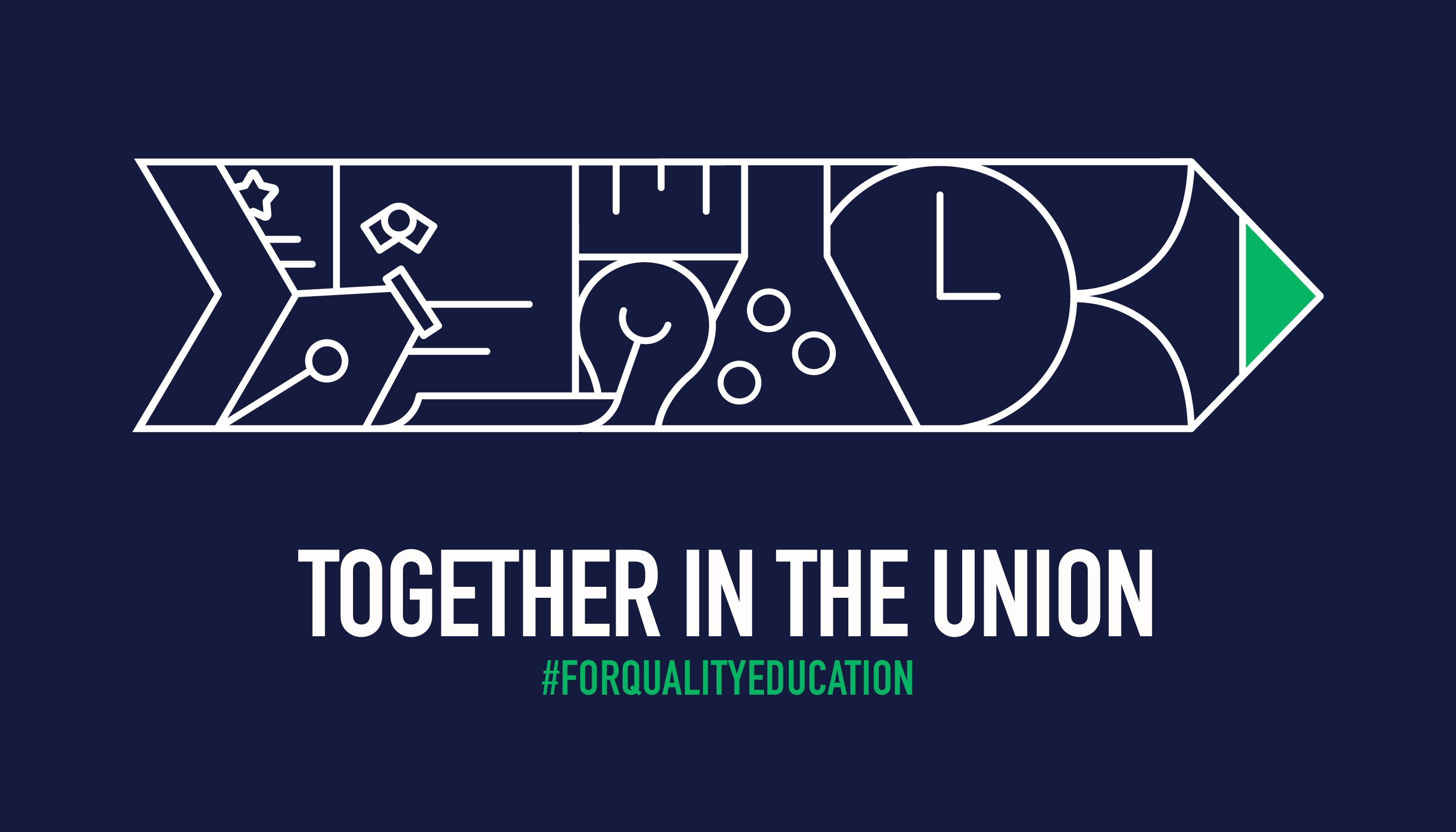Education issues are union issues: get involved


As Norway was initiating a national curriculum reform, UEN recognised the need to organise members in order to ensure that the new curriculum reflected teachers views as professionals, and to model the union work around the principle of co-construction and teacher agency. The union invested human and financial resources to ensure that the voice of all teachers was reflected in the consultation processes around the new curricula at both the national, regional and local levels. This entailed supporting union delegates in each workplace with the necessary information, tools, and resources needed to have an effective dialogue with teachers and school management. Additional support was provided through seminars, conferences, and training courses. Activating workplace union leaders to address issues of pedagogy or other professional issues alongside traditional union issues was a key challenge to overcome. Supporting them through communication, training, and networking was central to develop the skills and confidence local leaders needed to play a role both in social dialogue with the management, and as organisers in the workplace, so that all teachers were involved in developing the profession. This mobilisation effort has helped UEN to consolidate its status as the voice of the profession in the national education policy debate, as well as to develop workplace representatives with regards to both professional as well as more traditional trade union issues. Although it is hard to demonstrate how this has contributed to grow the union, the union has seen membership rise and it is thought that this plan has tapped into an interest with many teachers.
